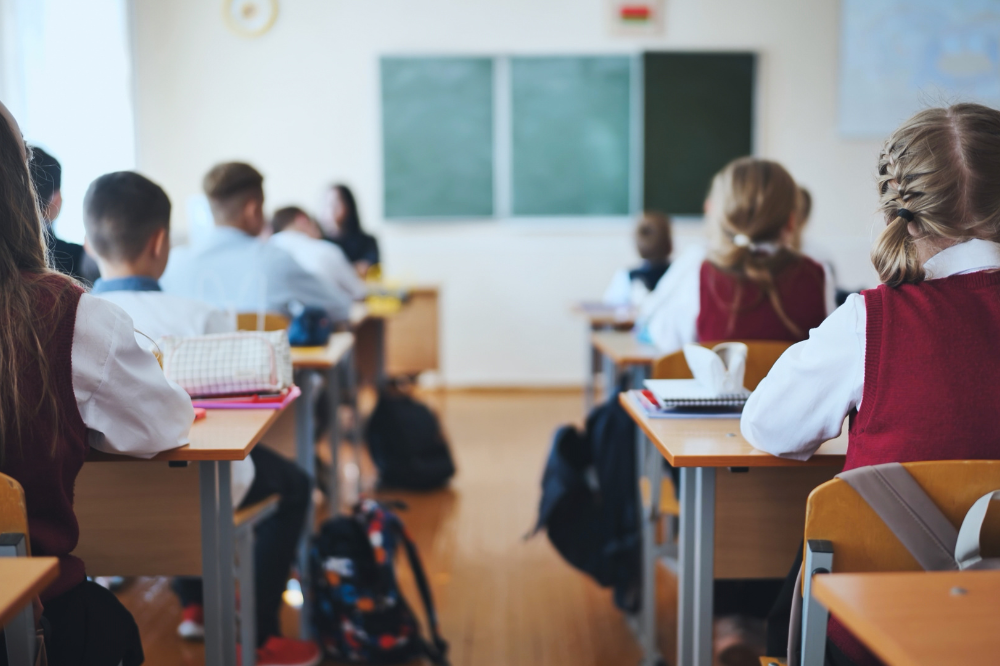
Victoria’s private schools are urging the federal government to boost funding to help counter the financial strain caused by the state’s newly implemented payroll tax. According to a report from The Age, Independent Schools Victoria (ISV), a large advocacy group for non-government schools, has raised concerns about the tax’s impact on education costs and its wider implications for Australia’s school funding model.
In a letter to Federal Education Minister Jason Clare and the Australian Curriculum, Assessment and Reporting Authority (ACARA), ISV chief executive Rachel Holthouse argued that the payroll tax, introduced in July, has increased the cost of educating students at affected schools. Holthouse said the additional expense has rendered the existing funding model outdated and insufficient.
The payroll tax applies a 4.86% levy to Victorian private schools with annual fees of $15,000 or more. Around 60 schools are impacted, collectively expected to contribute $101.8 million to the state this year. To manage these rising costs, many schools have increased fees.
“Payroll tax has to be included because it is a true cost,” Holthouse said. She noted that the tax has national consequences, as some affected schools are part of the sample used to calculate funding allocations for all Australian schools.
The current national funding model is based on the School Resource Standard, which was designed following the 2018 Gonski review to ensure equitable support for students across all schools. This standard calculates the net recurrent income per student by accounting for income sources such as federal and state contributions, fees, donations, and fundraising. However, ACARA clarified that it does not have authority to alter the funding model, as its role is limited to data collection and reporting.
A spokesperson for Clare told The Age that school funding arrangements are intended to be nationally consistent, adding that Victoria’s payroll tax does not affect how the School Resource Standard is determined.
The state government has defended the tax, highlighting that over 90% of independent schools remain exempt and that government schools have long paid payroll tax. “It’s only fair that the highest-fee private schools now also contribute,” a state government spokesperson said in an interview with The Age.
The tax, introduced in the 2023 budget by then-Treasurer Tim Pallas, includes COVID-19 and mental health levies and is set to remain in place until January 2029. Holthouse expressed hope that the tax might be reconsidered under new Treasurer Jaclyn Symes.
“Any change within government is an opportunity to again raise the issue and convey the strong sentiments of our members that it’s not only unfair, but it’s having direct impact on families,” Holthouse said.
The federal government provided $4.7 billion to Victorian non-government schools last year, compared to $2.79 billion for government schools.


